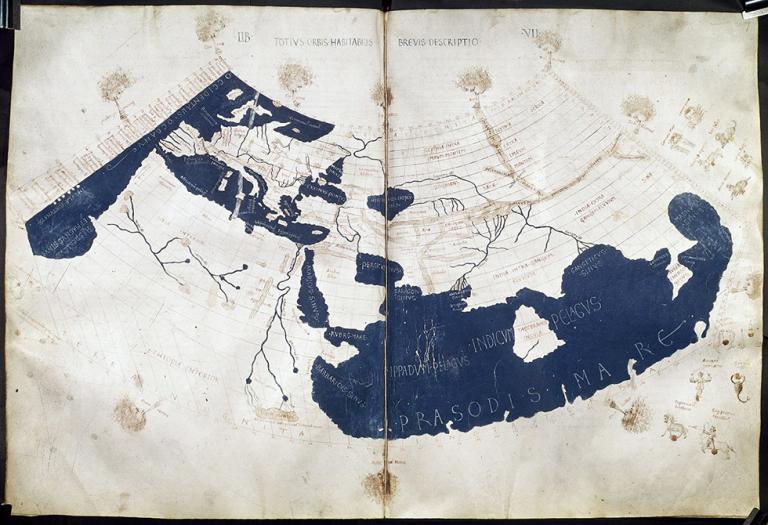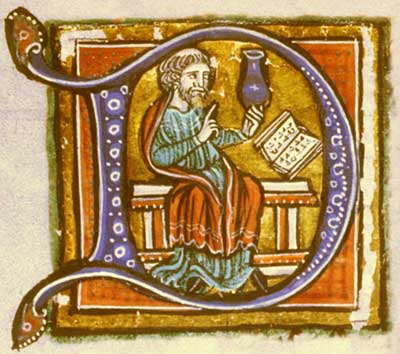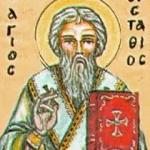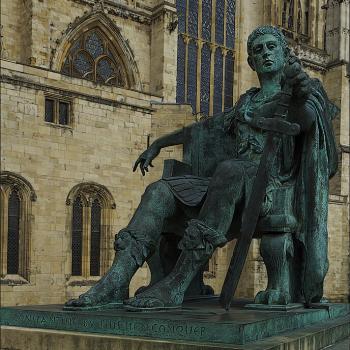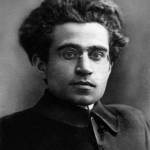Today we welcome Dr. Thomas Carlson to the Anxious Bench. Dr. Carlson is Associate Professor of History at Oklahoma State University. His field of research interests include: Medieval Middle East; Muslim-Christian Relations; Byzantine, Islamic, and Syriac Studies. He is the author of Christianity in Fifteenth-Century Iraq (Cambridge, 2018). You may follow Dr. Carlson at @MedievalMidEast.
Christianity is a global religion. The canonical Acts of the Apostles narrates one trajectory from Jerusalem to the imperial capital at Rome, while hinting at other trajectories in the account of the peoples present at Pentecost (Acts 2:9-11) and the later conversion of the Ethiopian eunuch (Acts 8:26-40). Indeed, Christianity spread eastward as well as westward, perhaps reaching the Parthian capital of Seleucia-Ctesiphon by the early second century [1]. Christianity reached the Kushan Empire in what we now call Afghanistan by the early third century, as shown by the work of Bardaisan. In the fourth century, as Patrick preached in Ireland, not only the Roman Empire but the kingdoms of Armenia and Ethiopia adopted Christianity as a state religion. Christianity reached China in the 630s, within a generation of Augustine the Lesser evangelizing the Angles and the Saxons. The early Islamic conquests, which dismantled the Persian Empire and a large part of the Roman Empire, did not overcome the powerful Christian kingdoms of Nubia (modern Sudan) and Ethiopia, and Christianity kept spreading in Central Asia among Turkic and Mongol nomads at the same time that it spread north to the Scandinavians and the Russians.
This broader Christianity is “known,” at least among specialists of various sub-disciplines of Eastern Christian studies (Armenologists, Coptologists, Syriacists, etc.), yet despite a few attempts to integrate it with the History of Christianity discipline (e.g. Philip Jenkins), the broader public and the teaching of the history of Christianity in Anglophone universities and seminaries largely continues to follow the exclusionary contours of “Western Civilization,” as if that were a real historical phenomenon rather than a white supremacist fiction. Books by historians of American or Western European Christianity get labeled “History of Christianity” simpliciter; books by historians of Asian or African Christianity after late antiquity get labeled by sub-discipline and generally not reviewed in Church History journals nor read by historians of Western Christianity, nor by a broader Western public (though sometimes in diaspora communities).
The scholarly discipline of the History of Christianity continues to perpetuate the imbalance in global coverage of the Christian religion: the ProQuest dissertation database records almost three times as many dissertations about just the Franciscan movement (1,146) as about the entire almost two-millennia-old Syriac tradition that spanned from Jerusalem to India and China (423), a proportion maintained if one considers only the past five years (187 vs. 60). To be clear, the problem here is not the larger number: There is still a lot to learn about the Franciscans, but how much more about an entire branch of Christianity that spread over a continent?
Some will inevitably ask whether these imbalances are a problem: Is the history of Christianity Eurocentric just because European varieties of the faith are more important historically? The short answer is no. The “rediscovery” of Aristotle, Galenic medicine, and other Greek “classics” in medieval Western Europe was mediated by Arabic-speaking Muslims and Jews, who received Aristotle from Arabic speaking Christian translators (most notably Ḥunayn ibn Isḥāq) working in Baghdad. Yet, few non-specialists today have heard his name, though it was known (in the Latinized form Johannitius) to medieval Latin authors themselves. There has been a convenient forgetting.
It was not European but Asian and African Christians who informed most Muslims’ reflections on Christianity and the precedents of relationships between the world’s largest two religions, until some of those Muslims came under European colonialism in the recent past. Christianity’s prominence among the family and allies of Genghis Khan shaped the fortunes of religion in Asia, in what remains still the largest contiguous land empire in human history. “Prester John” may have been a European fantasy, but it was a fantasy founded on certain Middle Eastern facts, which Europeans themselves misunderstood; now both facts and fantasy have faded from public consciousness.
When Western Christian missionaries confronted Islam, whether in the medieval or the modern periods, they often turned to local Christians who had long lived with Muslims for guidance and translation services (even as they routinely slandered these guides and translators as “bad Christians,” or simply failed to mention them altogether).[2] Today the study of “Christian-Muslim Relations” is a booming field which pivots dizzyingly from early Baghdad to Bede with scant attention to these later Eastern Christian mediations of Western European contacts with Muslims.[3] The Western teleology of academic History of Christianity has recently been supplemented by a new focus on “Global Christianity,” a beneficial development which is however limited by the typical presumption that non-Western Christianity is derived from colonial encounters, rather than preceding them in large parts of Asia and Africa. In short, our structures for scholarly history fail to represent the actual past.
Shedding the Eurocentric bias of our understanding of Christian history would provide several gains. First, we might broaden our dialogue with those who rightly critique European imperial Christianity for its legitimation of oppression and who therefore reject the “white man’s religion.” If we are willing first to learn from the deep history of melanin-rich embodiment of our global faith, we can then draw upon the theological insights of our brothers and sisters in Christ, who were the recipients rather than perpetrators of oppression, to present a more balanced and (we may hope) winsome picture to Christianity’s critics.
Second, pointing out that Christianity has never been exclusively European and Euro-American would also challenge the ways in which white supremacy continues to shape Anglophone theology in every majority-white denomination, where non-white authors are often admitted only “on probation”; this long overdue intellectual move invites white American Christians to repent of the racial injustice of our predecessors.
Put positively, a broader history of global Christianity invites us out of sectarianism into catholicity, which is, after all, a mark of the Church in the Nicene Creed, and can prompt a more balanced reflection on our inheritance of Christian doctrine. For example, when I was researching late medieval ‘Iraqi Christianity[4], Syriac Christians’ reflections on suffering and Christ’s protection, on particular Bible passages, and on the cosmic role of worship challenged my middle-class white American background. All human theology is historically conditioned, and conversely, every history of Christianity is theologically conditioned. A more accurate view of global Christianity’s past can correct our theology in the present.
Third, the false westward teleology continues to be the refuge of apologists of empire, who still view conquest as a means rather than a hindrance to Christianization; the global story of Christianity can correct the arrogant triumphalism which has sprouted following the “rise of the West.” If, as our Lord Jesus Christ said, “It is easier for a camel to go through the eye of a needle than for a rich man to be saved,” America’s global power is a serious danger to American Christian discipleship.
But most importantly to me, correcting the partiality of our historical understanding undermines our self-congratulation or self-worship and turns our gaze to him who alone is the Savior of the world, Jesus Christ, the only true teleology of Christian history. There is no need for (or danger of) neglecting the study of Western Christianity, but it needs to be placed in its proper relationship within a more complete understanding of the people of God throughout the world, or else we misrepresent the saving plan of him whose love for humanity is greater than we can imagine.
Footnotes:
[1] Jeanne-Nicole Mellon Saint-Laurent, Missionary Stories and the Formation of the Syriac Churches (Oakland: University of California Press, 2015), 57 and 152n11.
[2] A clear example is William of Rubruck’s slander of all Asian Christians throughout his widely translated travel account, despite being dependent upon them for communication.
[3] For a brief tour of recent scholarship which a prominent survey of Christian-Muslim relations excluded, see Thomas A. Carlson, review of Hugh Goddard, A History of Christian-Muslim Relations, 2nd ed. (Edinburgh: Edinburgh University, 2020), in Medieval Encounters 27 (2022): 109–12.
[4] Thomas A. Carlson, Christianity in Fifteenth-Century Iraq (New York: Cambridge University Press, 2018), especially chapter 6.


